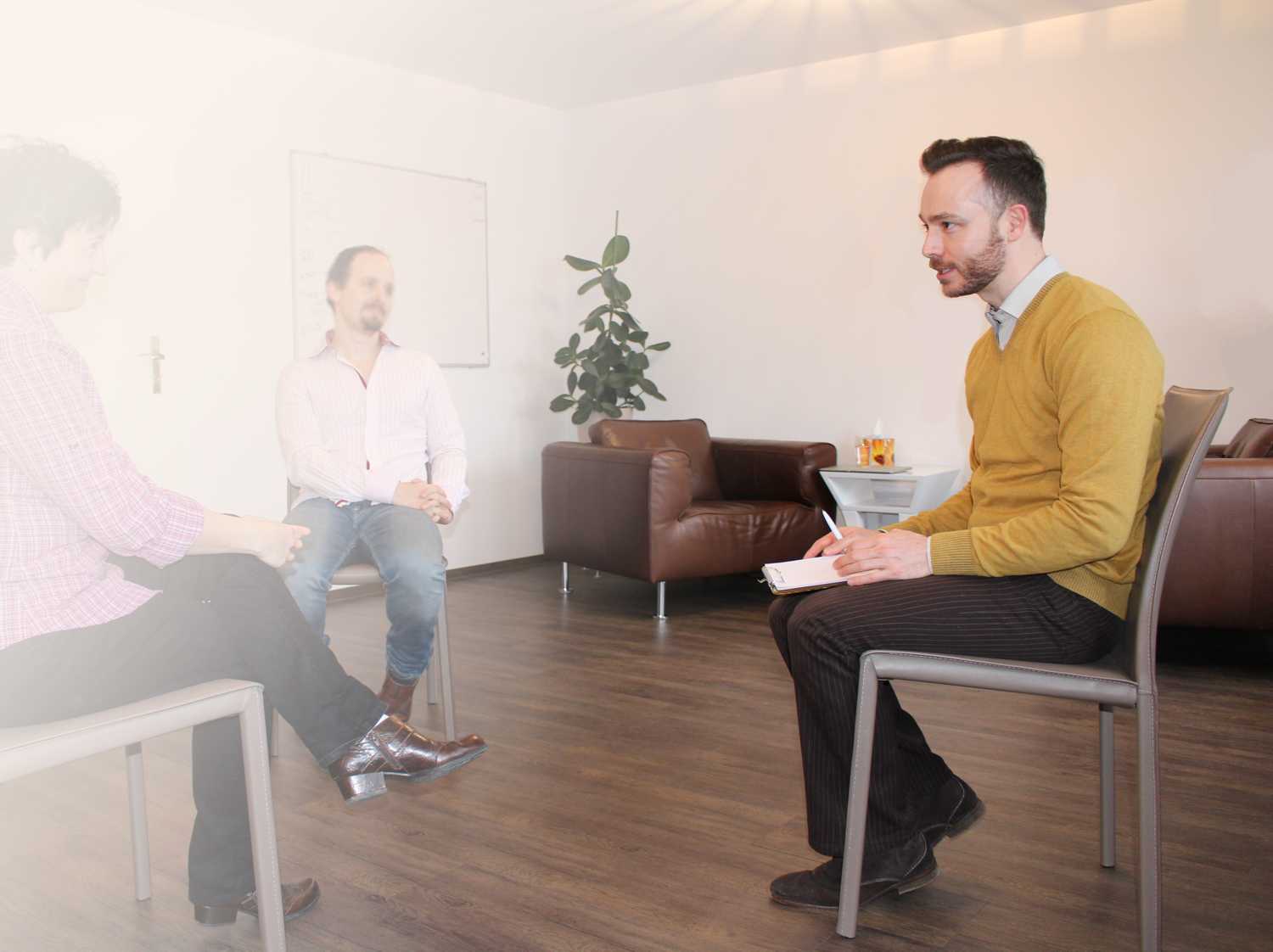You may be finding it really hard to talk to your partner.
Perhaps you find yourselves in icy withdrawal or unproductive and heated arguments or both.
Your relationship, once perhaps a source of joy, love and meaning, feels like so much hard work, perhaps even painful.
Feelings of loss, sadness, perhaps sometimes despair and hopelessness keep coming up.
You don’t need to be alone in this.
We believe that all relationships deserve support. And a couple counsellor, whose job is to hear beyond the silence or the accusations, can help you discover the love that you may have believed was completely lost.
Support for this is possible and available.
In our group of colleagues, Catarina Teixeira and Irena Morgan are both able to offer support to couples.
You can read about their approach to couple counselling below.
Catarina’s approach to couple counselling is informed by Emotion-Focused Therapy.
When she meets with a couple and listens to their current difficulties, she is looking to understand:
- patterns in the style of communication
- emotions that may be blocked or stuck and
- attachment needs that are currently frustrated
Catarina aims to help you get a bird’s eye view of your dynamics and help you discover a pathway to improved connection.
She supports you to recognise and name your vulnerable feelings, find ways to accept them and learn how to articulate the needs that they stand for effectively.
Through this process over a number of sessions, you learn to solve difficulties that come up in your relationship with greater confidence, less unnecessary suffering and more optimism.
Catarina is currently available for supporting new couples so feel free to get in touch with her to ask for an appointment or a short discovery call free of charge.
Irena Morgan is a couple counsellor familiar with applying her „Intimacy from the Inside Out“ thinking to couples’ work.
This approach from the bigger Internal Family Systems model explores challenges in relationships through the lens of ‘parts’.
We invite couples to get to know themselves, and each other better – to develop greater intimacy both inside and out.
We explore the dynamics of the ‘dance of parts’ – how communications and actions from ‘parts’ in each partner can trigger unexpected or unwelcome responses from ‘parts’ of the other.
Although such dynamics raise difficulties within the relationship, these can ultimately be understood ‘from the inside’ in a positive light.
In the end we discover more about the life experiences that led to „parts“ forming, about relationship wounds, and past shaping of ourselves to protect vulnerability.
Turning inside ourselves, we respectfully explore how our adapted „parts“ may be colouring what we hear, as well as how we interpret the communications and actions of our partners.
Often, we find that the adaptations that served us well in the past may no longer be serving us in our current relationship and with insight, helpful change can follow.
We can then shift into looking to improve communication, by encouraging partners to speak for ‘parts’ rather than from them.
This also involves working to improve listening skills, by helping couples recognise where listening may be made difficult by reactive ‘parts’, and learning that we can respond with more choice and skill, and less reactivity.
To build true intimacy between the couple, we also explore the differences between partners, discovering how, in mature and healthy relationships, needs and wants will inevitably be different at times.
We take the view that such differences need to be recognised, understood and spoken for skilfully (celebrated even!), so the relationship stays healthy for both partners over time.
Irena looks forward to hearing from you and getting to know you and all your „parts“.
Feel free just to reach out to ask about availability and we’ll take it from there.
To learn more about Irena click here.
To learn more about the Internal Family Systems approach to therapy, click here.
Some topics which may bring couples to therapy are:
• An affair, sexual problems or lack of closeness
• Changes due to the birth of a child
• Lack of mutual respect, power games or aggression
• Frequent conflicts and blaming
• Excessive controlling or jealousy
• Feelings of helplessness or despair
• The wish to separate
• Fear of separating and feelings of dependency
• Commitment fears
• Unresolved conflicts about money or household chores
• Psychosomatic symptoms and depression
• Withdrawal and alienation
• A lack of things in common or disagreements about future planning (e.g. children, marriage)


